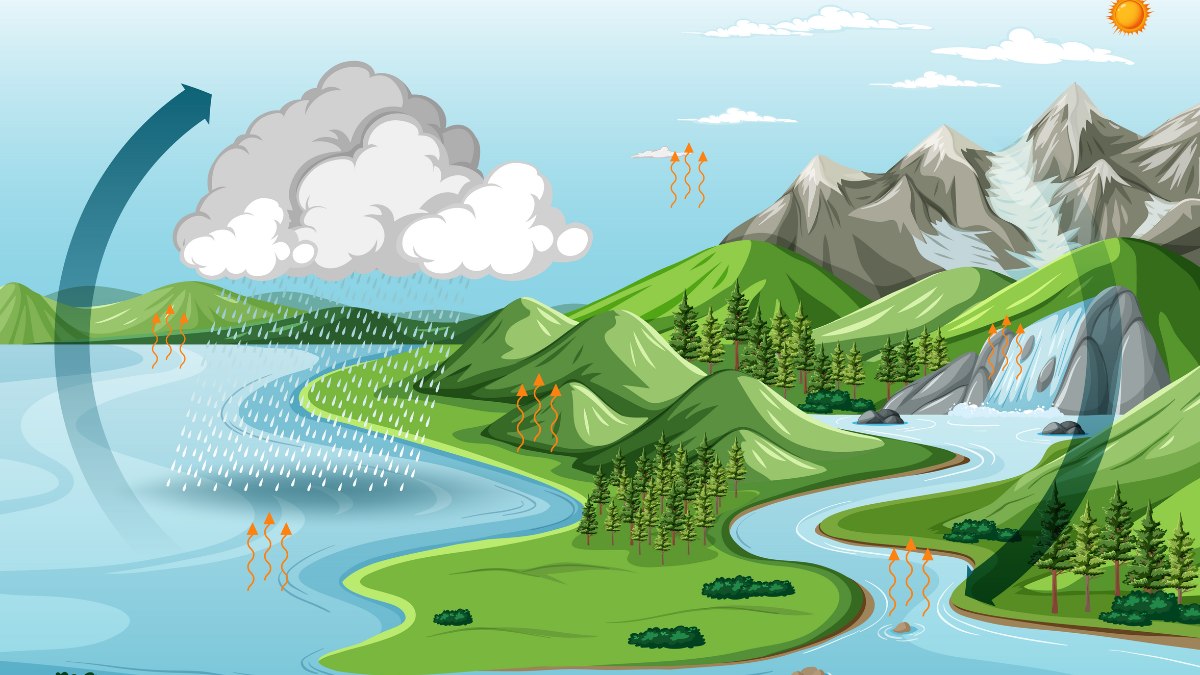OpEd: What’s Reuse? Ask a Third Grader About the Water Cycle

![]()
OpEd: What’s Reuse? Ask a Third Grader About the Water Cycle (Cook County, IL) — There is no new water. The water we drink today is the same water the dinosaurs used. Third graders learn about water reuse in the natural water cycle, which is how water is reused on a global scale. Water can be reused for industry, irrigation, and drinking water. We can discuss dilution, time, and transport distance between uses, but most water professionals agree that water should be judged by its quality instead of its history.
Water is reused in time scales ranging from a single day on the International Space Station up to many years in the Great Lakes. All Wisconsin wastewater treatment plants on the western shore of Lake Michigan return water to Lake Michigan for reuse, as required by the Great Lakes Compact of 2008. The Fox River receives treated wastewater and is the source of drinking water for Elgin and Aurora. Yet, Illinois is the only state in the Mississippi River Basin where potable water reuse is prohibited because all rivers downstream of Chicago are considered to be sewage due to the combined sewer overflow (CSO) events from Chicago. This prohibition does not consider existing proven water treatment technology. During extreme rainfalls, the Chicago River re-reverses into Lake Michigan, delivering untreated sewage into the city’s potable supply. Regardless of whether the raw sewage goes to Lake Michigan or down to the Mississippi River, this is de facto reuse that makes the Illinois prohibition meaningless. Water reuse is necessary due to increasing groundwater scarcity, droughts impacting on our economy, and floods that cause property damage and CSOs.
We can learn from what other states are doing to adapt to climate change. New York City is reducing its CSO events with an award-winning incentive and grant program for water reuse. For example, the Domino Sugar Refinery redevelopment will install an on-site black-water recycling system with a return on investment of 10-15 years. This reuse system will remove 11 acres and five buildings from NYC’s combined sewer systems.
Extreme weather is predicted to increase, and policy for climate resilience is essential for our lives, the regional economy, our jobs, and our environment for the seventh generation. Our state legislators and government need support to do hard things to build climate change resilience. We, the voting public, need to tell them we are ready for water reuse in Illinois.
OpEd: What’s Reuse? Ask a Third Grader About the Water Cycle








Responses